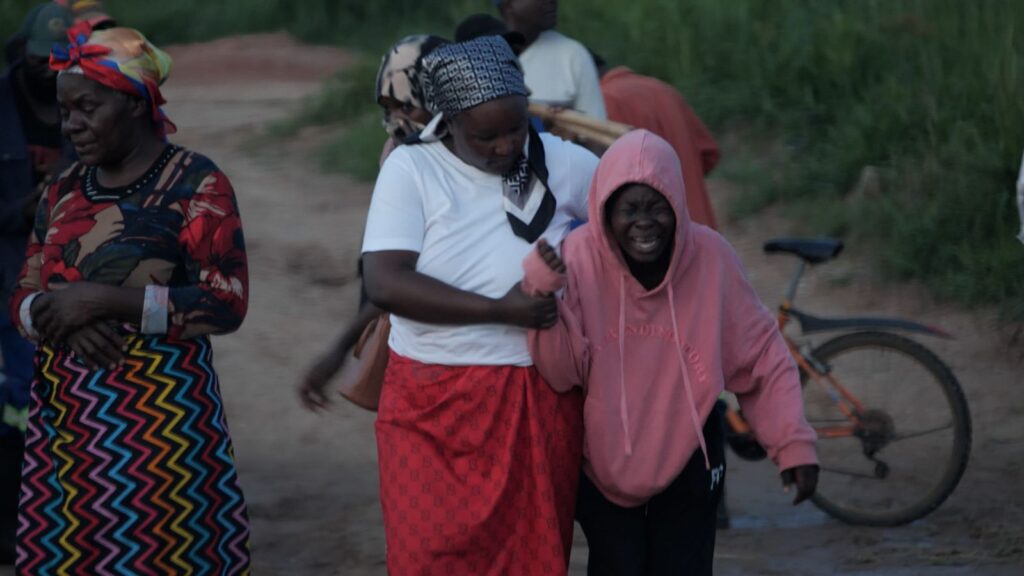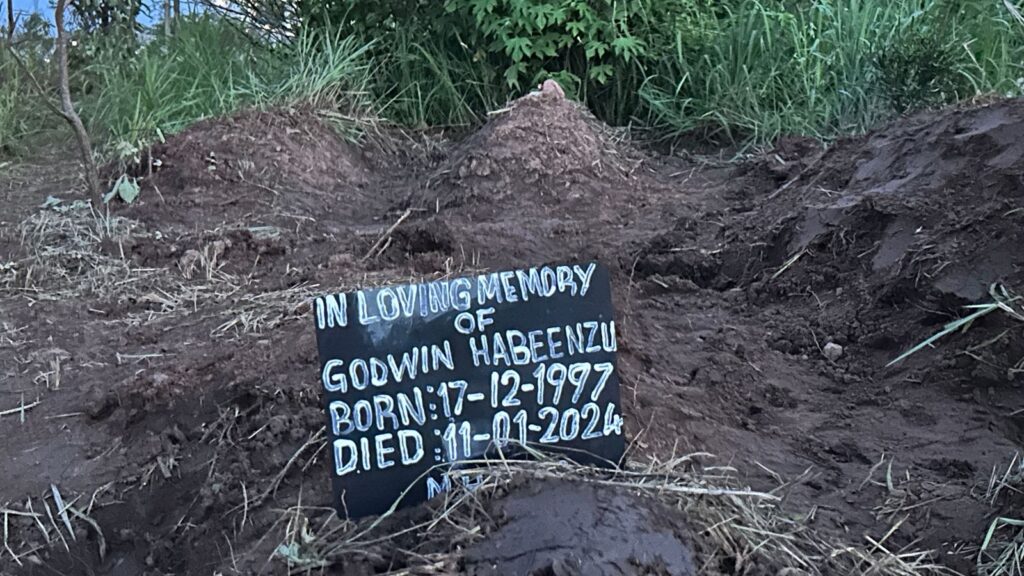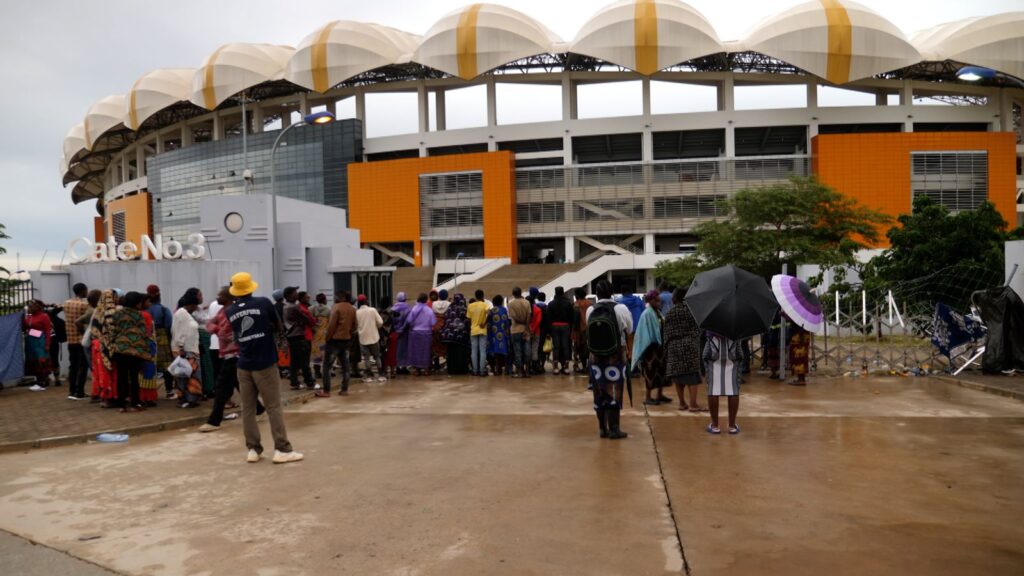
Eben Enasco Reporting.
With nearly 10,000 active cases of Cholera Outbreaks in Zambia registered already, the country is reportedly curtailing one of the deadliest situations in recent years.
This, according to reports has caused anxiety for many relatives as they are engrossed in a long wait to know whether a loved one is among the dead or living.
Sources in the news claimed Climate change has fuelled heavy rains which have contaminated drinking water in overpopulated and impoverished urban areas, mostly in the capital Lusaka.
However, Health workers are scrambling to contain a crisis that has the potential to be the worst the country has seen since the first outbreak in 1977.
According to SkyNews reports, the sound of crying cuts through the humid air as the soil is hastily dug out by a uniformed worker and flung to the side to reduce the mortality rate.
The report says funerals and family burials are banned and more emergency rules are being brought in to try to halt the spread of the disease.

Among the clutches of tall grass is a burial site with clustered and shallow individual allotments – only marginally better than a mass grave.
The screams of grief are coming from 16-year-old Catherine. Her grandmother Tamara Lungu’s coffin is in one of the new mounds on the soft ground. Tamara was the matriarch of the family at 84 – both Catherine’s guardian and under her care.
She reportedly died of cholera in Zambia’s Heroes National Stadium on 10 January and the family was informed two days later.

Her other older grandchild Nable Nyirongo stands at her grave. It is marked with tree branches so that he and his cousins can find it amongst the many other fresh graves when they come back to place a signpost. They will not be allowed to have a funeral.
On top of the grief, there is palpable disappointment.
“There’s nothing we can do. At least they have to respect the bodies, I think they’re not giving us respect,” says 50-year-old Nable.
Beyond the graves, Heroes National Stadium can be seen in the distance. Nable was waiting there for days with worried relatives. He was in the front gardens of the stadium reeling from shock when we first met him.
They told us that she was OK and we were transferred to the waiting room after. Now they are telling me that she’s dead. What is this? We are not happy with what is happening here,” he told us as he waited for his grandmother’s body to be placed in the coffin he purchased.
Other concerned relatives gather beyond the metal barriers of the stadium waiting for any news. A roll call of names is read out periodically to assure them that their infected loved ones are still alive.
One man is seething with anger and sitting on the edge of a dry stormwater drain. He says his nephew’s name hasn’t been called out for days and all he wants to know is if he is dead or alive.
Next to him is 59-year-old Hamlet and his daughter Agnes. She says her aging father has made five trips from out of town to check on her brother – his son.
In her words; “They said they were taken in on Wednesday to see him and found him well. The next day, they went in to see him but couldn’t find him in any of the wards”.
“We will feel better if they tell us whether he is dead or alive,” says Agnes. The lack of closure is beyond frustrating.
The health minister, Sylvia Masebo, is believed to be working on capacity and communication issues as the stadium increasingly becomes a focal treatment center, the source said.
“When we started the first 48 hours it was a challenge. But we have stabilized now and have people who have been employed specifically just to deal with that issue of making sure that from six up to midnight, they are looking at issues of families.” Masebo said.
